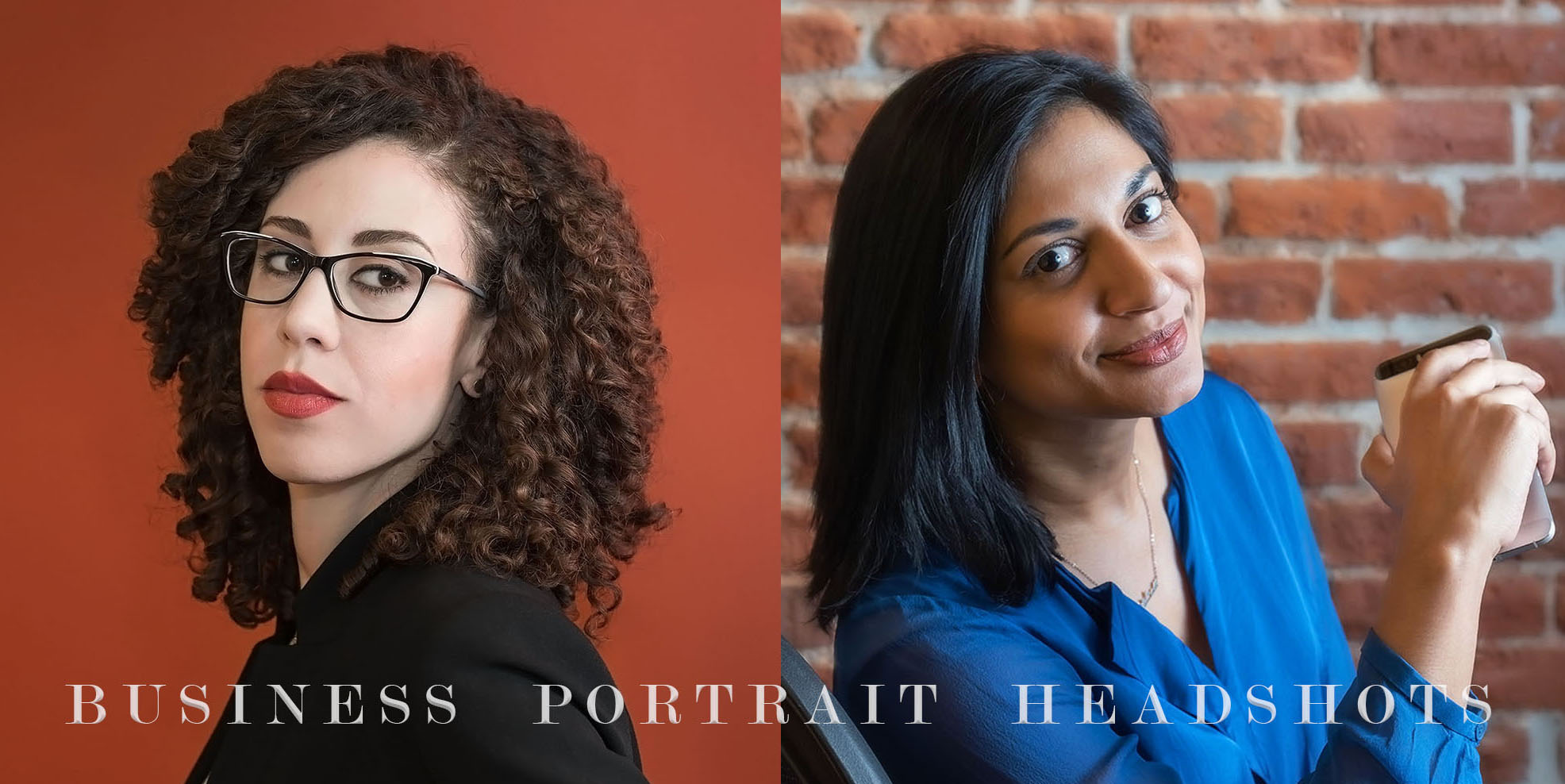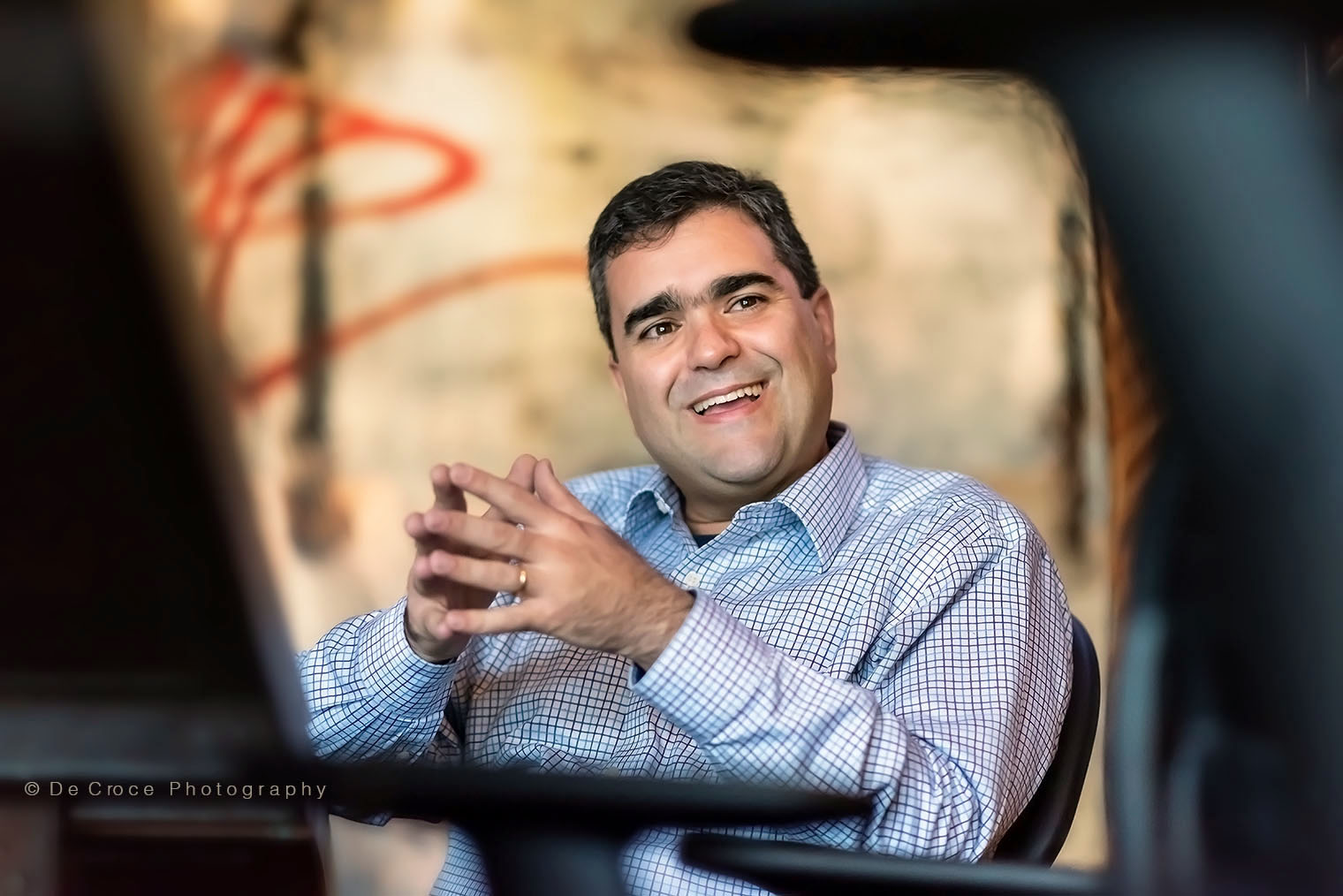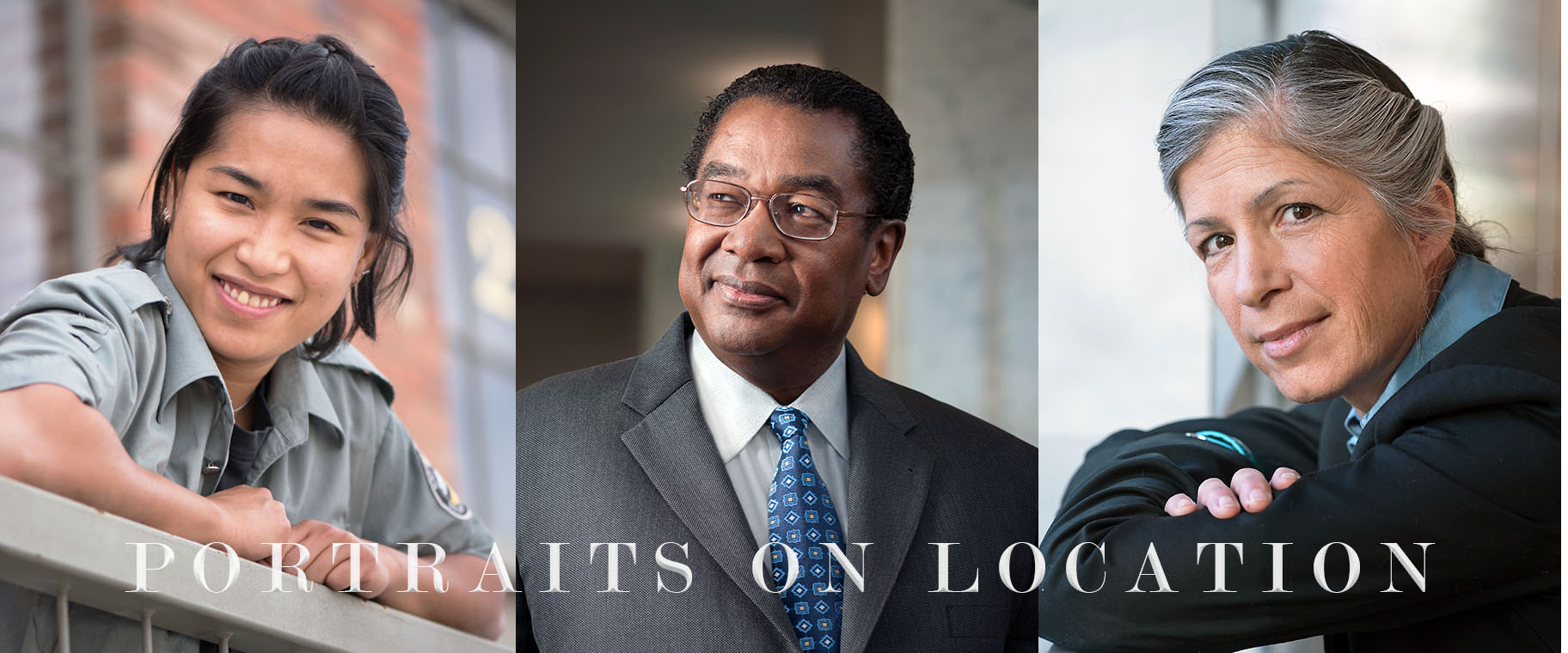
About SEO, Business Language and Business Photography

Words
Trends are funny. We all grow accustom to rhythms in our usage of language. We say words and phrases without awareness of true meaning or etymology. And business people seem particularly susceptible to using (and overusing) cliches. In the world of photography, the term “headshots” has become synonymous most all sorts of business photography. If it’s a picture of a person, then it must be a headshot, right? Yet whenever I get an inquiry about business headshots, what people usually want is business portraits and editorial shots along with headshots.
I probably sound like some old stodgy college professor when I begin a sentence, “back in the old film days of business photography”. But the word “headshot” was once used exclusively for actors and models. Business portraits were similar to headshots but included more torso. A headshot should reference a picture of someone’s head, not their whole body. Life is full of inconsistencies in language.
Take for example, the pansie flower. How in the world did pansies become synonymous with wimpiness? Every novice gardener knows that pansies are tough sons-of-bitches that thrive in the coldest nights of spring. I find it amazingly awful and become clearly confused at the perfect oddness pertaining to jumbo shrimp.
Last March at the beginning of the pandemic, someone came up with the catchphrase “social distancing”. And in no time, the phrase caught on. Personally, I thought “physical distancing” made more sense.
Search Engine Rankings
Another thing I find funny in the world of business is the algorithms of search engines. Giant entities like Google, Yahoo and Bing are the gods of our modern world. They are, at least, for anyone in business. Loyal worshippers are rewarded with a higher placement on the search engines. Using Bing, for example, to find a local plumber will provide you with a list of plumbing companies who’ve done due diligence. These aren’t necessarily the best plumbing companies. These are the ones who have put in the time and effort into search engine optimization SEO.
When I use a keyword phrase to look for business portrait photography or commercial photographer in Denver, I’m sometimes sad that DeCroce is not on near the top of the list. After all, our two-generation studio has been in business for over 60 years. And in all that time, we’ve not had one single complaint (an obvious exaggeration).
Instead, when one Googles Denver business photography, results show photographers who have been in business for just a few years and others who hired models to build a portfolio. I looked at the website of someone who popped up first under the phrase “commercial photographer”. I saw just one commercial photoshoot in the portfolio — pictures from a business conference.
But I don’t feel animosity to these young photographers. I commend them for their business savvy. It’s truly remarkable how they’ve been able to manipulate the search engines. On the flip side, Google and the other engines have a difficult job. It’s a tough task to rank business based on limited information. A field like photography is more subjective than more measurable occupations like accounting. I doubt that Yahoo hires art aficionados to judge imagery. In a world where the term “headshots” refers to all photographs of a solo person, it’s a wonder that any old-school photographer gets listed. One thing I’ve noticed is what a great degree search engines rely on customer reviews. A photographer who has virtually no experience can rank at or near the top with 80 reviews.

Search Engines –– Gods of the Business World –– Rulers Over Executive Portrait Photography
History of world religions teaches us that very few people have had the priviledge to converse God. People gather in groups to send a message to God, this is called praying. But only a select few have heard back from God. These people are called profit, priest, shaman, monk druid, rabbis, fashi or clergy to name a few. These folks probably figured out that God speaks other kinds of languages besides human ones.
In a modern business world, search engines behave in much the same way. They are the gods of business. People who claim to have intimate understanding of search engines are called search engine optimizers. But does anyone actually talk to god Bing?
Earlier this year, or maybe late last year, I did someting to offend god Google. Photographs posted on my commercial website were routinely getting picked up by all search engines and displayed under images. Then suddenly, they weren’t. As an example, a keyword phrase like Denver commercial photographers showed my business information on the first page. Clicking images under the same phrase, showed many of my recent additions. All at once, my newer photographs dissapeared leaving just a few older ones.
Since then, I’ve tried to discover the error of my ways. I want to repent! I’ve written to the gods without response and have communicated with optimizers. But no one has been able to explain what went wrong. No one knows how I offended the gods. Could be censorship? An illustration in my commercial photography portfolio was posted depicting a capped oil pipeline. Layered onto photograph, I added text that read: “For Our Children’s Planet CAP IT”. In recent months, Twitter and Facebook have been censoring extremist messaging. Are search engines also censoring?Has Google censored my imagery because the subject climate change is considered politically divisive? I wish I knew!
Meanwhile, I’ll continue posting new images and writing articles like this one on business photography and executive headshots. To see more examples of my work, please visit these portfolios on my commercial photography website.

Here are some links to other related articles on the nature of photography for businesses.
Executive Portraits for a Business Lifecoach
Corporate Photography for KissCam
Vail Business Photoshoot
